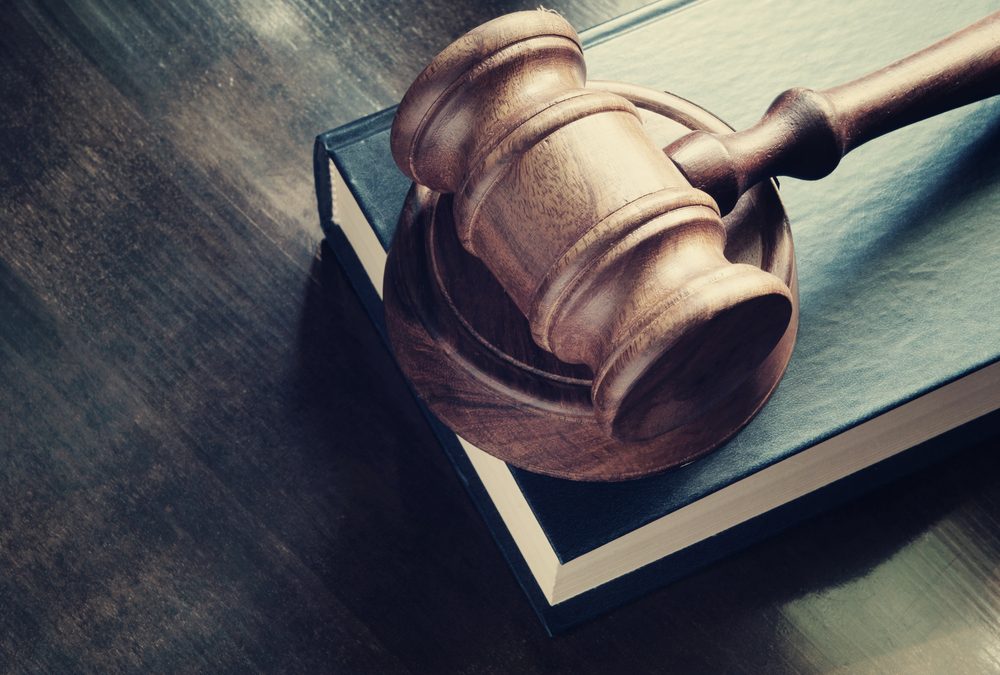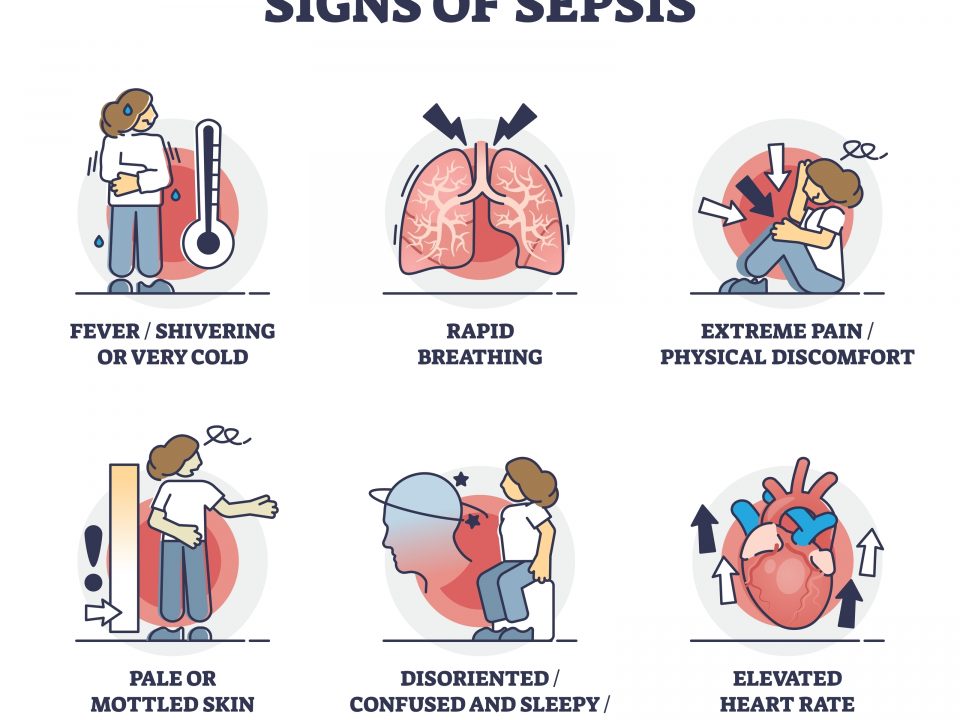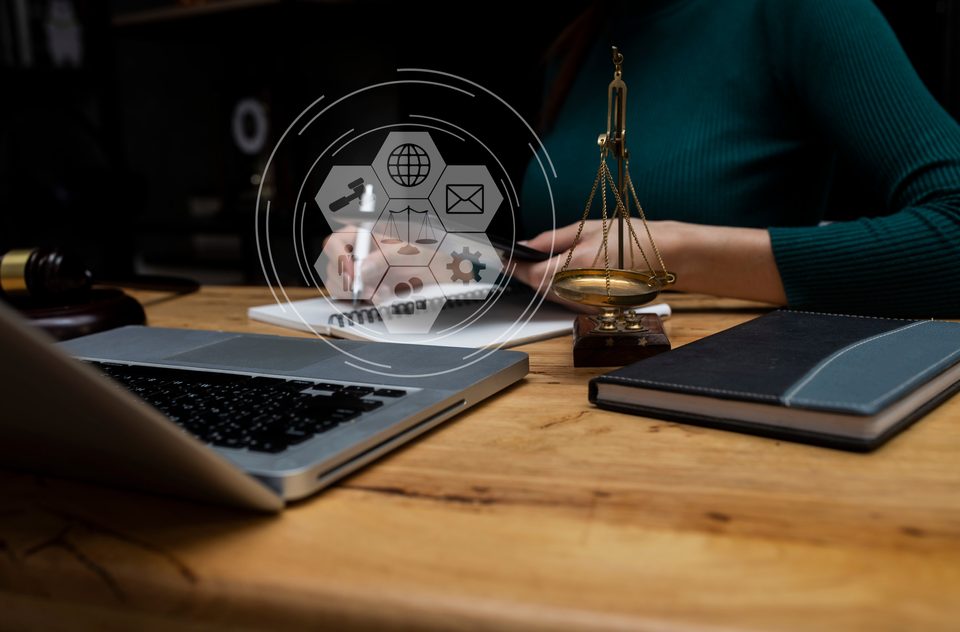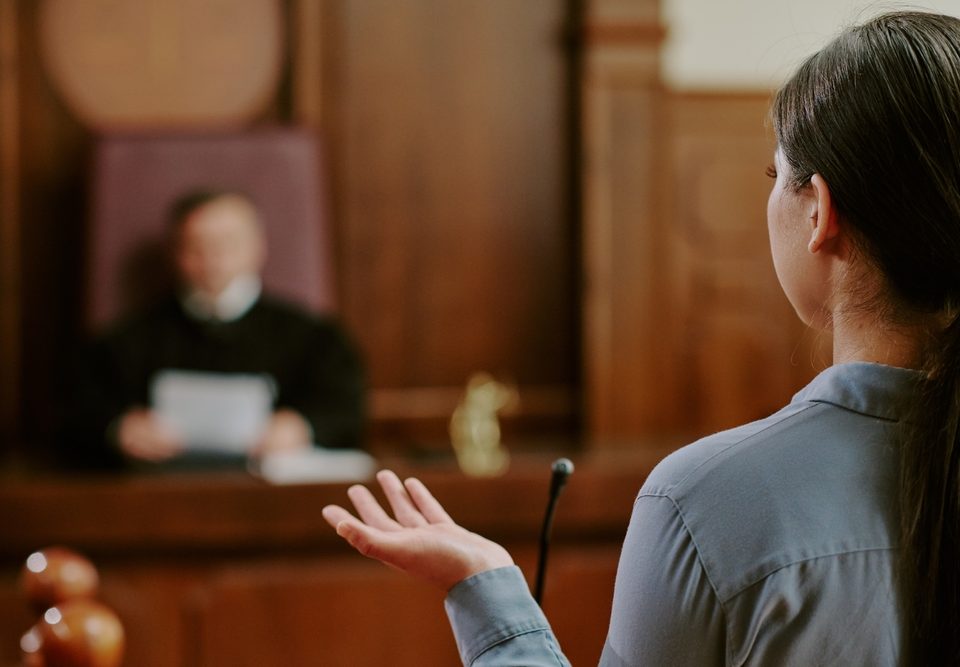
Is There Hidden Danger in AI Transcription of Clinical Encounters?
29th April 2025
Expert Witness Error in Family Court: A Warning for Medico-Legal Professionals
29th May 2025The case of Moodliar v General Medical Council [2025] EWHC 913 (Admin) offers a sobering reminder for medico-legal professionals about the grave responsibilities that come with expert witness roles. Central to this judgment is not only the conduct of Dr. Seshni Moodliar—a consultant psychiatrist with over a decade of medicolegal experience—but also the professional shortcomings in her expert evidence, and the broader implications for medical practitioners operating in legal contexts.
Dr. Moodliar’s case was exceptional in its complexity and gravity. The tribunal found that in her role as an expert witness in several criminal cases, she had repeatedly failed to meet the standards expected of medical experts. These failures included dishonest plagiarism of another expert’s report and clinically substandard assessments of defendants in serious criminal proceedings. While multiple issues were raised on appeal, for medico-legal professionals, the most pressing concern is her failure to engage with her expert responsibilities ethically and competently.
The 2023 Tribunal Findings
In the 2023 tribunal, the allegations revolved around her work as a defence expert for Patient D, a defendant in a murder trial. The tribunal found that Dr. Moodliar had misrepresented the extent and depth of her assessment, failed to take a thorough history or perform an adequate mental state examination, and neglected to explore critical diagnostic considerations such as psychosis and schizophrenia. Perhaps most egregiously, she opined on legal concepts such as diminished responsibility despite lacking the requisite forensic expertise—an act that went well beyond the boundaries of her professional competence.
These lapses represent a fundamental breach of the duties that medical experts owe to the court. Expert witnesses are expected to maintain independence, objectivity, and transparency. They must operate within the limits of their expertise and ensure that their findings are evidence-based and impartial. Dr. Moodliar’s conduct not only breached these principles but demonstrated a worrying disregard for the weight her opinion carried in a legal setting.
Previous Dishonest Conduct
Further damaging to her position was her dishonest conduct in an earlier case in 2017, where she was found to have copied significant portions of another expert’s report while acting for the prosecution. These were not isolated lapses but part of a pattern that ultimately led to the tribunal concluding that she had a propensity to behave unprofessionally and dishonestly in her medicolegal work.
Crucially, Dr. Moodliar also made matters worse by misrepresenting herself during the tribunal. In her witness statement, she claimed to be a person of good character—an assertion that prompted the tribunal to revisit the prior finding of dishonesty. Her attempt to present herself as ethically sound while suppressing or downplaying previous findings of serious misconduct was misleading and further undermined her credibility.
From a medico-legal standpoint, this case illustrates the dire consequences of failing to take the responsibilities of an expert witness seriously. The judgment was clear: the dishonesty and lack of competence demonstrated by Dr. Moodliar were not minor infractions but breaches that fundamentally undermined the integrity of the justice system. As a result, the Medical Practitioners Tribunal imposed the harshest sanction available—erasure from the medical register—underscoring the profession’s commitment to protecting the public and maintaining trust in medical expertise within legal proceedings.
Conclusion
In conclusion, Moodliar v GMC serves as a critical cautionary tale. It illustrates that expert witness roles are not ceremonial but are rooted in a duty to truth, clarity, and professionalism. When an expert fails in those duties—especially through dishonesty or operating beyond their competence—the repercussions are not only professional but potentially judicial. Medico-legal professionals must heed this case as a compelling call to maintain the highest standards of integrity and competence when acting as officers of the court.




